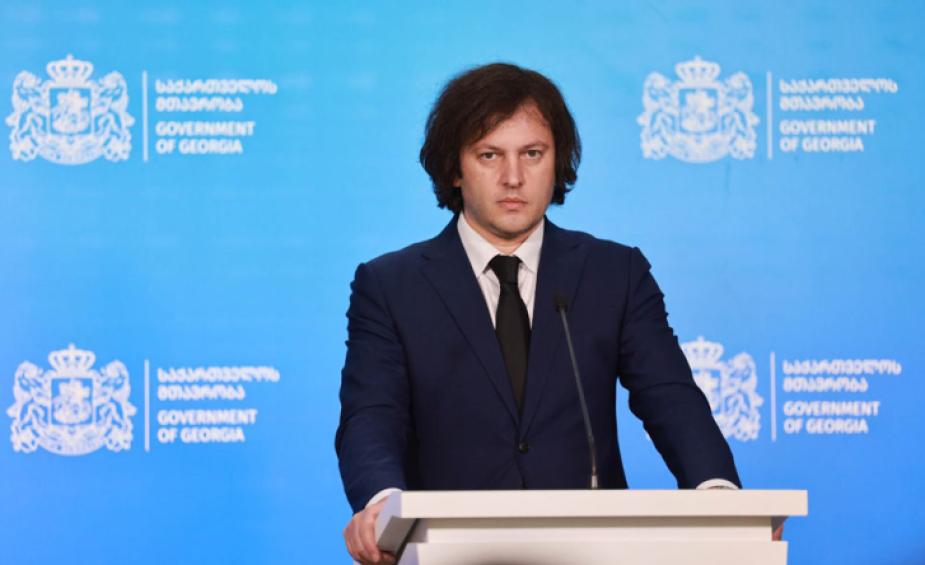
The European Court of Human Rights (ECHR) has upheld the legal position of Georgia’s Ministry of Justice, ruling inadmissible the complaints filed in the cases of Pirtskhalava and Y v. Georgia and Goginashvili v. Georgia.
According to the Ministry, the applicants alleged that a Supreme Court judge involved in their cases was biased. In the Pirtskhalava and Y case, they further claimed that the judge—identified as Sh.T.—had not been lawfully appointed. The ECHR rejected these arguments, finding all allegations regarding judicial impartiality inadmissible.
In its decision, the Strasbourg Court reviewed the reforms implemented by the Georgian Government since 2012 to strengthen the justice system. These reforms included life tenure for judges, improved procedures for judicial appointment and promotion, enhanced independence and authority of the High Council of Justice, and constitutional amendments refining the process for selecting Supreme Court judges.
The case of Irakli Pirtskhalava was connected to the murder of Buta Robakidze. Pirtskhalava had argued that his criminal trial was unfair, claiming he was prevented from questioning former co-defendants and witnesses, as well as from meaningfully contesting the evidence presented against him. The ECHR found no indication that his right to a fair trial had been violated.
As a result, the Court dismissed Pirtskhalava’s additional complaints as manifestly ill-founded, according to the Ministry’s official statement.
0
0










